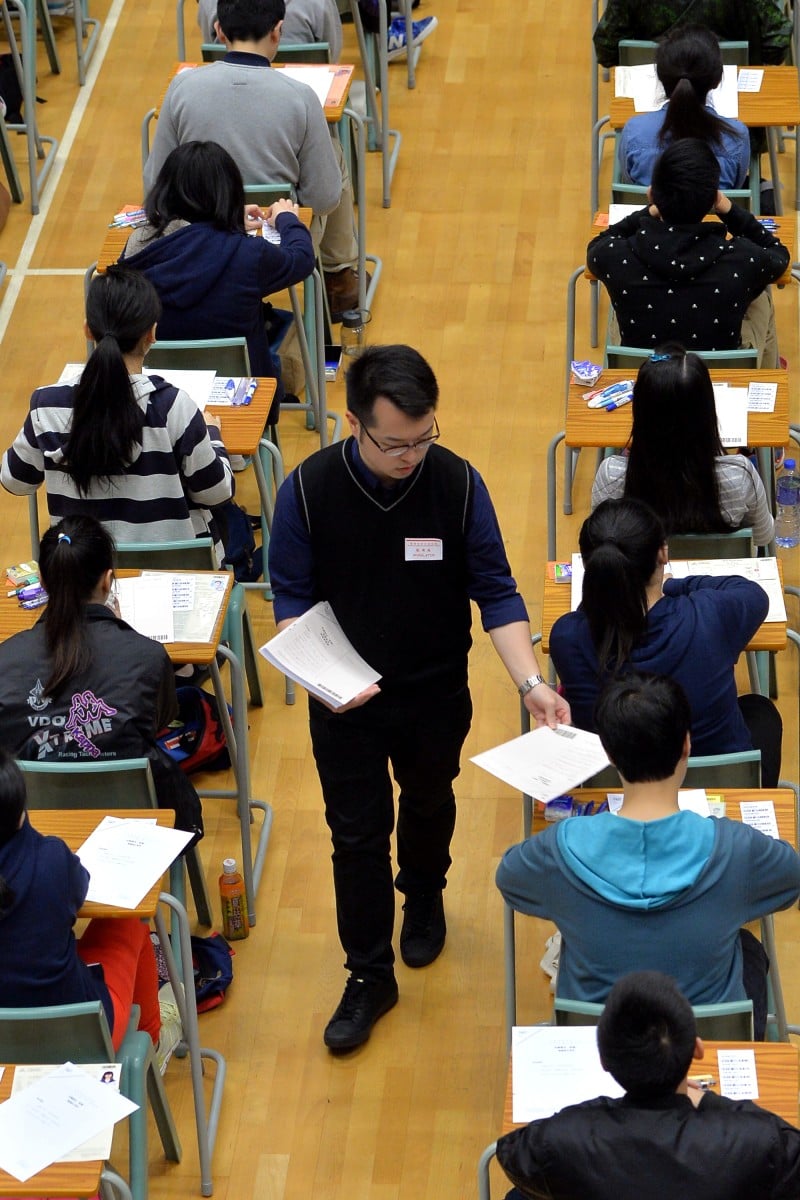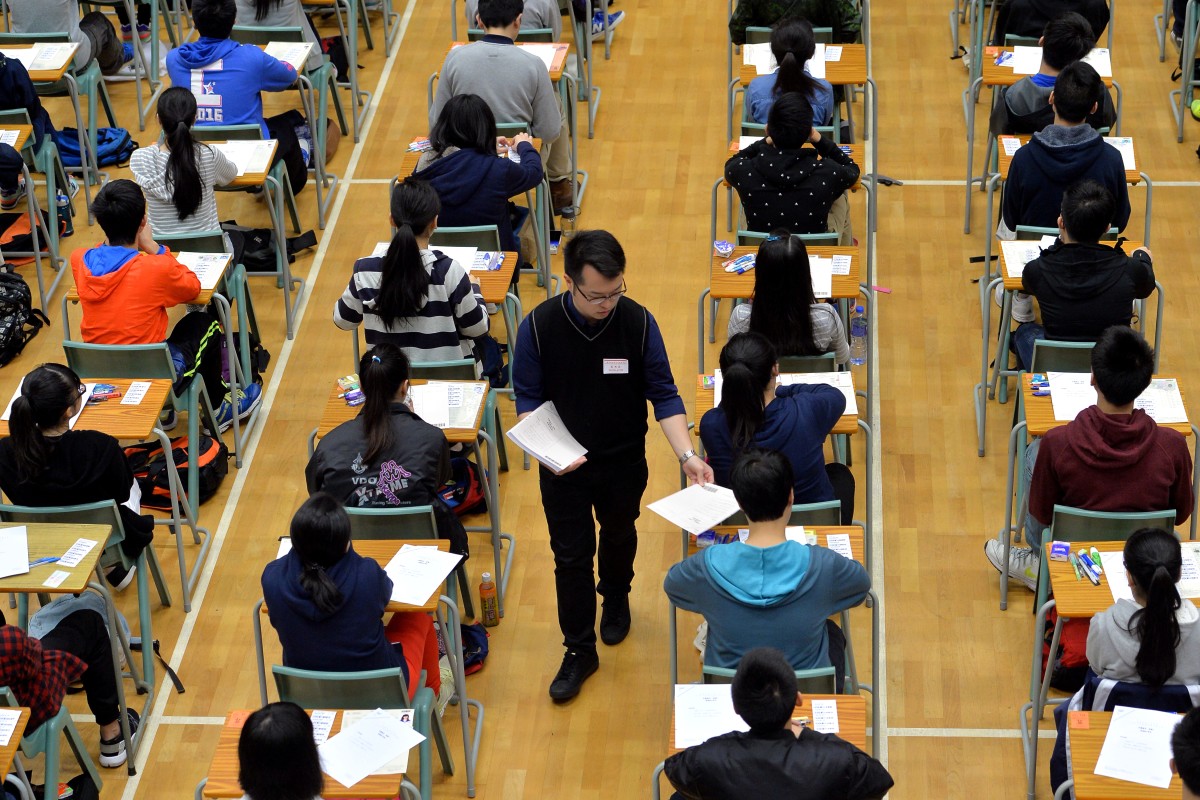
HKDSE Chinese History exam shocks students by using topics covered in recent past paper
No one expected topics from last year's exam to be covered again, and some cross-module questions may also have stumped candidates
 One question tested knowledge about both the Tang and Ming dynasties.
One question tested knowledge about both the Tang and Ming dynasties.This year’s DSE Chinese History exam questions were not difficult, but students might have lost out if they only studied certain dynasties or didn't revise the topics that appeared in last year’s exam, tutors said.
Paper One, Part One (which is compulsory) contained data-based questions. Part Two (which is optional) is split into Section A and B. Students had to answer one out of three questions in each section.
Shinno Choi, a tutor from King’s Glory Educational Centre, said it was surprising to see some of the modules tested in Part Two of Paper One last year reappear this year.
“According to the exam trend, this phenomenon has never occurred in previous years. For instance, Q4 was on the policies on ruling multiple ethnic groups during the Early Qing dynasty, but this was asked in 2017 - in a question of 25 marks.”
Modern Education’s tutor Yeung Sin agreed, and added that another optional question Q2, which was about the Qin dynasty, would also affect students’ performance as they might not have expected to come across a topic that was covered last year.
“As a result, a majority of students might choose to answer Q3. But this question, which required students to be familiar with both Tang dynasty and Ming dynasty, was also tricky”. This is because Tang and Ming belong to “two different modules”, and it’s rare to see “cross-module” questions in the Chinese History exam.
Jasmine Wong, 19, of Pooi To Middle School told Young Post that she was “quite satisfied” with the exam, as it was easier than she expected. However, she’s worried about her performance in Part One of Paper One.
“I did not spend too much time on the chapter [about Han dynasty], so I wasn’t very sure about the historical events such as Yellow Turban Rebellion and The Disasters of the Partisan Prohibitions,” said Jasmine.
Another student Cheung Lee-man, 18, of Paoc Ka Chi Secondary School agreed that the difficulty level of this year’s paper was acceptable, while commenting that questions were “straightforward.”
“I think the most challenging and interesting questions were Q6(c) & Q7(c) [of Paper One], which specified the time frame of the historical events. Students might make the mistake of citing examples that happened before or after the stated period,” said the candidate.
For Paper Two, students had to choose one of six modules and answer two of the three questions.
“Module Five, which is about religion propagation and cultural exchange, has been a popular choice among students taking the exam. However, candidates who selectively revised might struggle to answer Q13 and 14 which required concepts of both Buddhism and Taoism,” Choi observed.
Only one of the two religions would be tested in previous years, not both at the same time, she explained.
Another challenging question in this paper was Q8(a), said Yeung, which asked students to explain whether the Records of the Grand Historian was a book of defamation.
“It’s difficult for students to score all the 15 points if they do not know the Records very well, because the question requires students to illustrate a lot of examples. However, it was a topic that the textbook briefly touched upon,” she said.
Seeing some unanticipated and unpredictable questions this year, Choi advised students taking the exam next year to study a wide vareity of topics, and rely less on exam patterns during revision.
